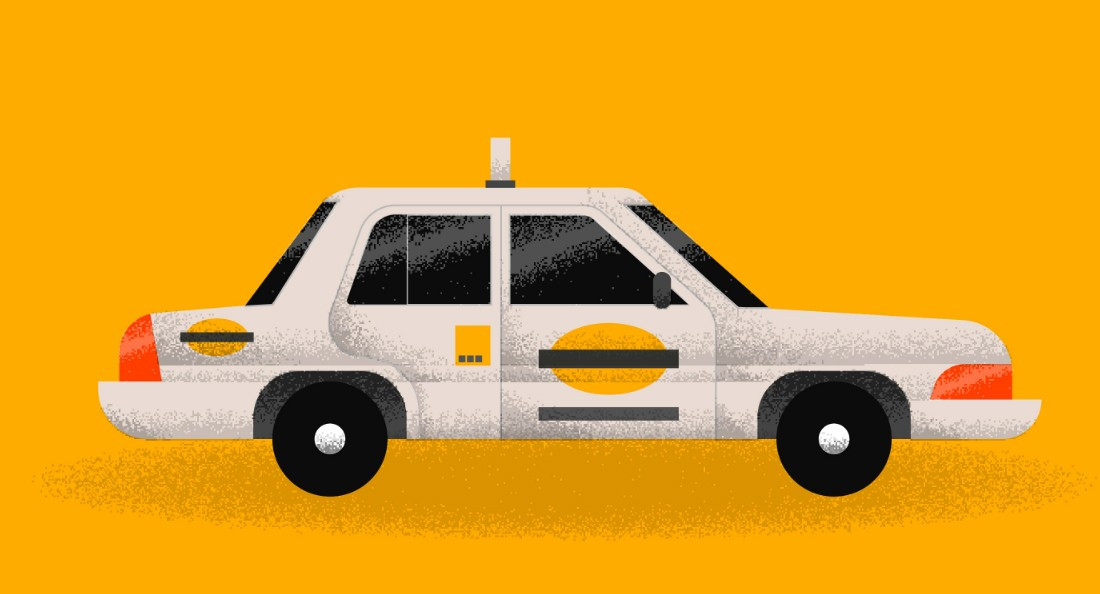New playing field for cabs
Will changes to taxi regulation address longstanding safety concerns?
Big changes are planned for taxicab regulation in Winnipeg. This presents the opportunity to address longstanding concerns about the industry in the city but also new challenges.
In March of this year the Manitoba government introduced Bill 30, the Local Vehicles for Hire Act. While not passed as of publication, the legislation would abolish the Manitoba Taxicab Board and shift the responsibility for regulating cabs to the City of Winnipeg.
Christine Brouzes is co-director of Ikwe safe ride. She says Ikwe is a service, which had 45 volunteer drivers, set up to provide women with a safe alternative to taxis. Ikwe is now a registered non-profit and has 16,000 members, Brouzes adds.
“We’ve given 30,000 rides to women, and of those 30,000 rides, I can tell you every single one of our members has complained to us about taxis,” Brouzes says. She says most of the complaints Ikwe has received from members are not about physical harm, but everyone making a complaint has “felt discriminated against, judged, rushed or treated poorly or harassed.”
“One of the most common quotes (members) repeat that taxi drivers say to them is ‘do you want to pay another way?’” Brouzes says. This feels insulting and frightening to many women, she adds.
She says Ikwe was not started to run cab companies out of business, but to send a message that customers – particularly women cab customers – need to feel safe and be treated respectfully by cab companies.
Some charities and non-profits have scrapped arrangements with cab companies to provide transport services to users and made new agreements with Ikwe to provide rides. She believes that, despite all she has described, cab companies are not getting the message that they need to prioritize safety.
Brouzes says what policymakers designing new cab regulations need to keep in mind, aside from fare caps and vehicle safety, is that cultural safety and customer service training is important.
In her view, cab drivers should be required to take cultural awareness training, similar to the ones public sector organizations like the Winnipeg Regional Health Authority offer to staff.
A December 2016 report for the Manitoba Taxicab Board noted that Indigenous leaders expressed a need for increased cultural awareness in cab driver training.
“The Winnipeg Taxi Alliance has been clear that (...) these trips need to be pleasant and efficient and free of any harassment or uncomfortable situations, so we take that very seriously, Michael Diamond, spokesperson for the alliance, which represents Unicity and Duffy’s Taxi, says.
The spokesperson says the alliance supports measures like enhancing the in-car camera and offering better training to cab drivers. He says his organization was in talks with the the Southern Chiefs Organization about incorporating First Nations-specific cultural training into the mandated cab driver training.
Diamond notes the pending abolition of the Manitoba Taxicab Board has slowed this process.
Mayor Brian Bowman says the question of requiring cultural sensitivity training is one “council should put its mind to” but will not commit to further at this stage.
Published in Volume 72, Number 5 of The Uniter (October 5, 2017)








